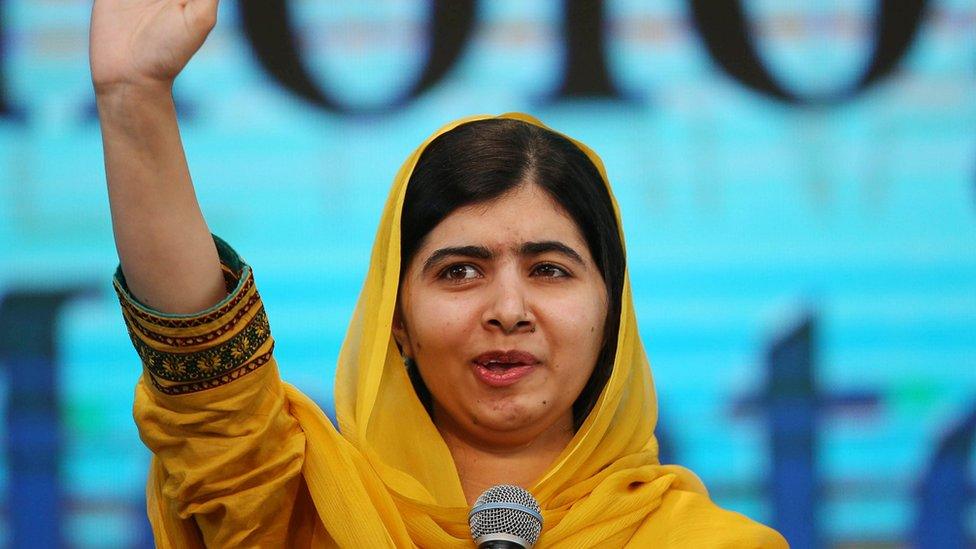Malala talks of PTSD therapy in new memoir
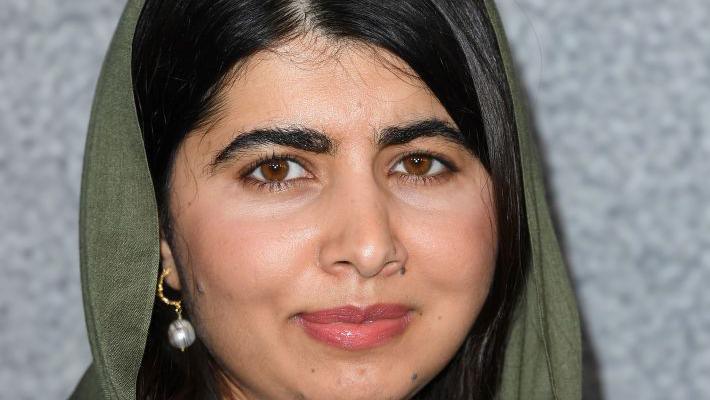
Malala Yousafzai became the youngest person to win the Nobel Peace Prize, at the age of 17
- Published
Malala Yousafzai hopes her new memoir will help anyone dealing with mental health issues, as she reveals for the first time about her own struggles.
The Pakistani human rights activist, who was evacuated to Birmingham for treatment after being shot in the head by the Taliban in 2012, said that after her physical recovery she initially turned down an offer of trauma therapy.
But seven years later, an incident triggered "flashbacks of the Taliban attack" that led her to seek help and to be diagnosed with post-traumatic stress disorder (PTSD) and anxiety.
She is returning to Birmingham, where her parents still live, to sign copies of Finding My Way at Waterstones, in the city centre.
'Difficult conversations'
"Finding My Way is my coming of age story where I talk about how I navigated my way into college and I talk about friendship, love life, mental health and more about my personal journey, " Ms Yousafzai, 28, told BBC Radio WM.
"Of course there are fun bits but there are also difficult conversations around my mental health, this is something that I talk about for the first time.
"I hope that somebody out there, who has felt alone or who has struggled, can know that they are not alone - so, this is the message that I want to communicate through this book."
Ms Yousafzai was just 15 when she was targeted in Pakistan for speaking up for the rights of girls to be educated.
A militant boarded her school bus in north-western Swat valley and opened fire, wounding her, almost fatally, and two friends.
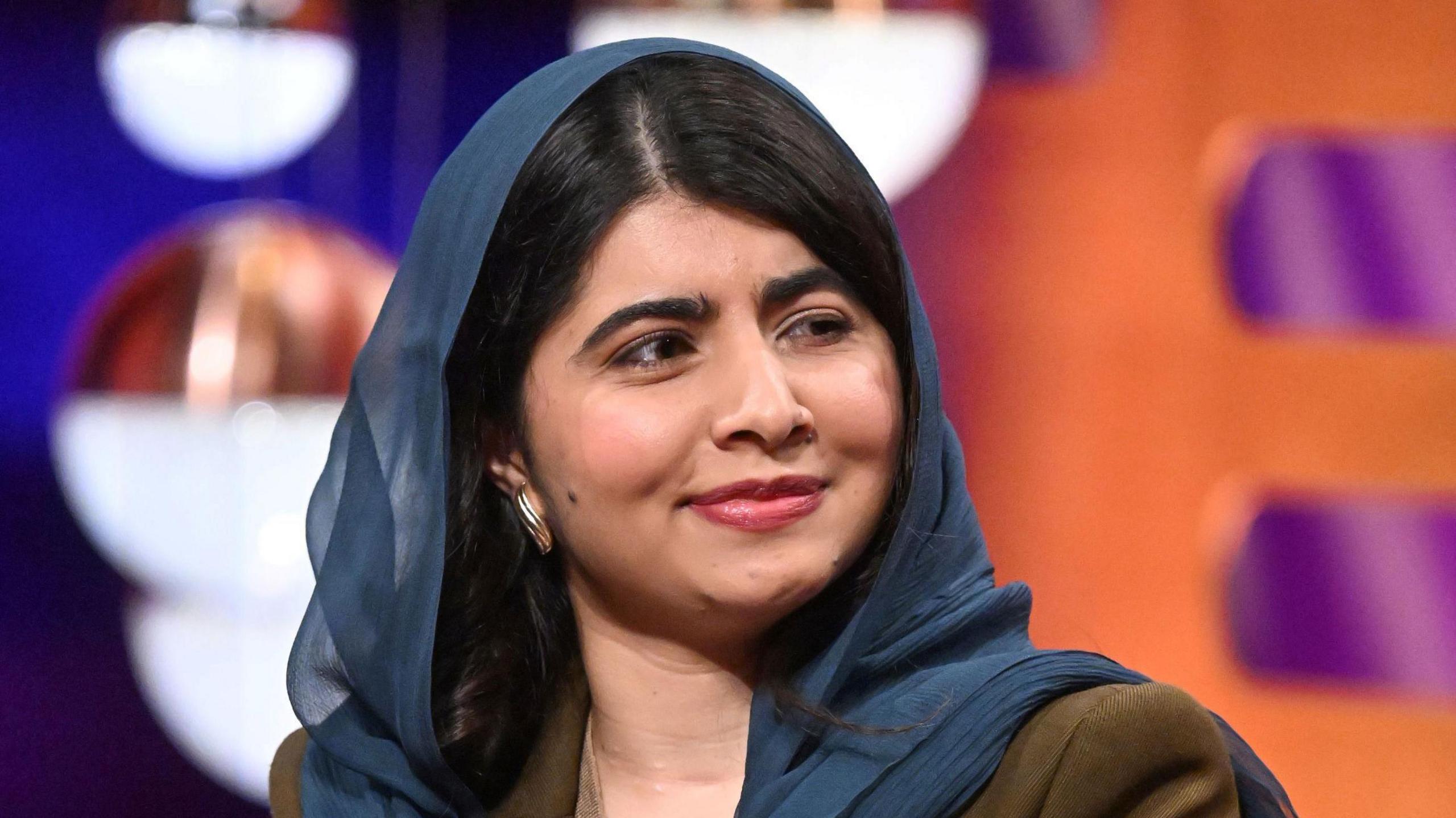
Malala Yousafzai has been taking part in interviews to talk about her new memoir Finding My Way
Following her recovery after treatment at the city's QE Hospital, Ms Yousafzai and her family relocated to Birmingham, which she later called "a second home".
She said she had "amazing nurses and doctors" and was offered therapy as part of her treatment.
However, she explained she did not pursue counselling at the time because she had "seen stigma" around mental health support offered in Pakistan.
But after suffering flashbacks while studying at Oxford University and also experiencing panic attacks and anxiety, she decided to seek mental health counselling after a friend suggested it.
"I have now accepted therapy as part of my journey and it's important for us to raise awareness about it, especially in the South Asian communities," she said.
"I have realised that it's so important for us to redefine this - that even when you are scared you still do what you believe in and that is actually true bravery."
'Friends gave me comfort'
Ms Yousafzai said the memoir also covers how she adapted to life in the UK, initially struggling to make friends at her new school because of "the culture, the language barrier, there were so many things".
"Being in the public eye makes it even more awkward for your friends to see you as a normal person," she said.
So, when she went to Oxford, she decided to make a big effort to "make as many friends as possible" and signed up for a wide range of clubs, including cricket and rowing.
"My friends gave me that comfort, that security, that I really needed and I'm so grateful that the people that I met there are now my friends for life," she said.
She added she was "so excited" about returning to Birmingham and was "doing really well".
"I would love to see as many people who can come [to Waterstones] and then I will go and see my family and I will enjoy some homemade food hopefully and get some chai and meet some friends and family - it will be a fun day," she said.
'Future for every child'
Ms Yousafzai, who moved to London after getting married, said her family had "received such a warm welcome" from people in Birmingham.
"I just love being connected with the city and I always think about the love that I have received and I think about finding ways that I can keep giving back to the city."
At the opening of the Commonwealth Games in Birmingham in 2022 she spoke of "our shared hope for the future, a future where every child can go to school, where women can fully participate in society."
And her memoir highlights her "mission" to give girls around the world access to education and to benefit from the work of her foundation, the Malala Fund.
Get in touch
Tell us which stories we should cover in Birmingham and the Black Country
Follow BBC Birmingham on BBC Sounds, Facebook, external, X, external and Instagram, external.
Related topics
Related stories
- Published18 November 2024
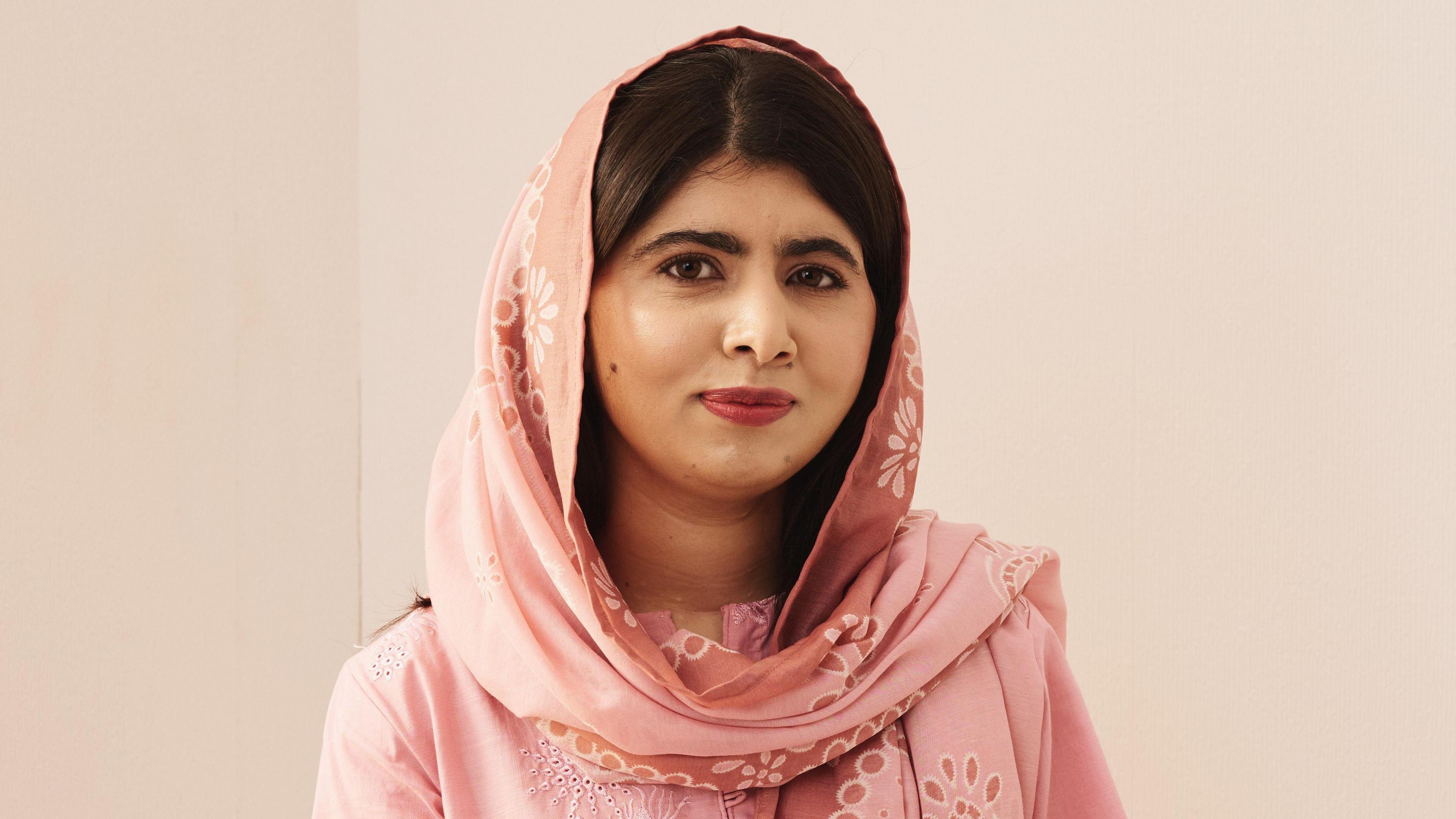
- Published12 January
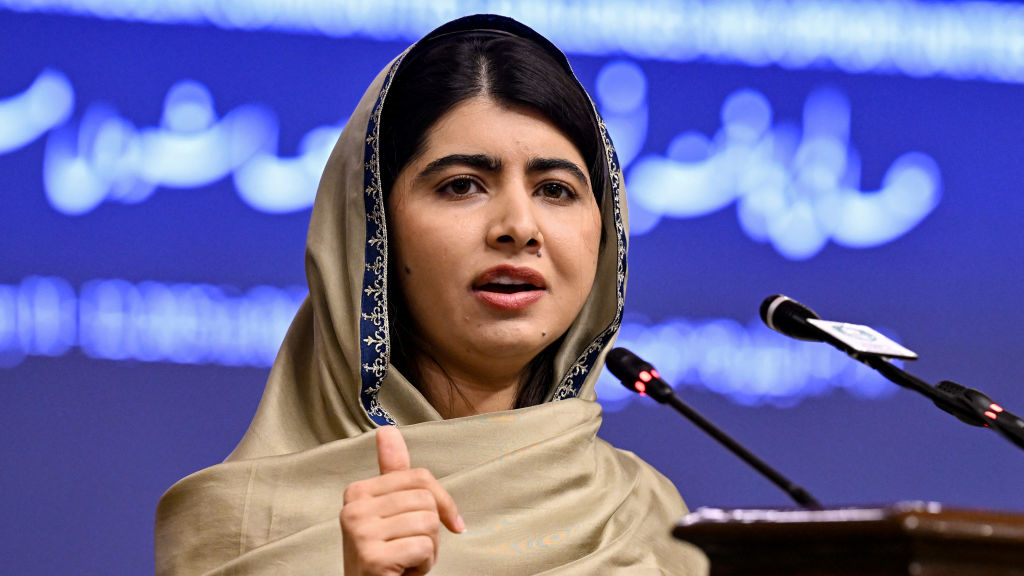
- Published10 November 2021
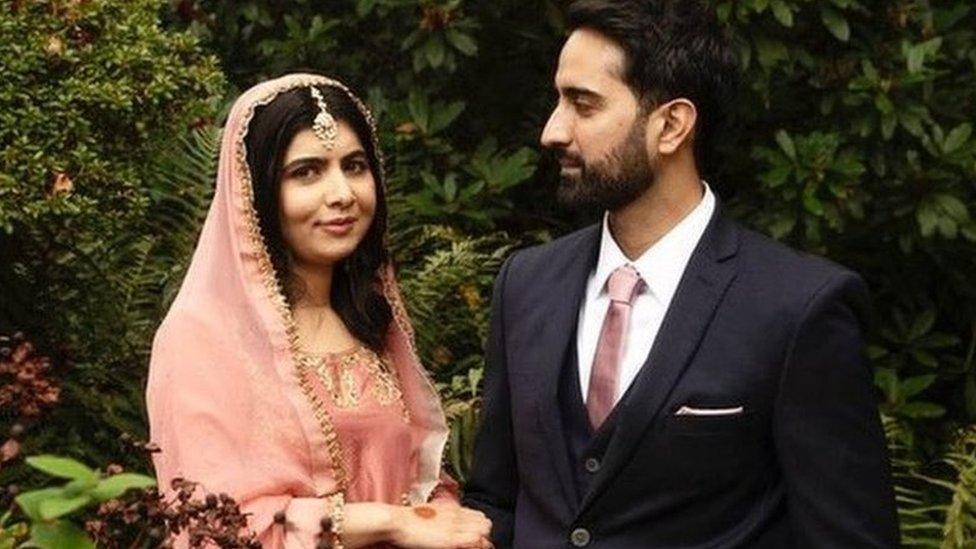
- Published14 February 2021
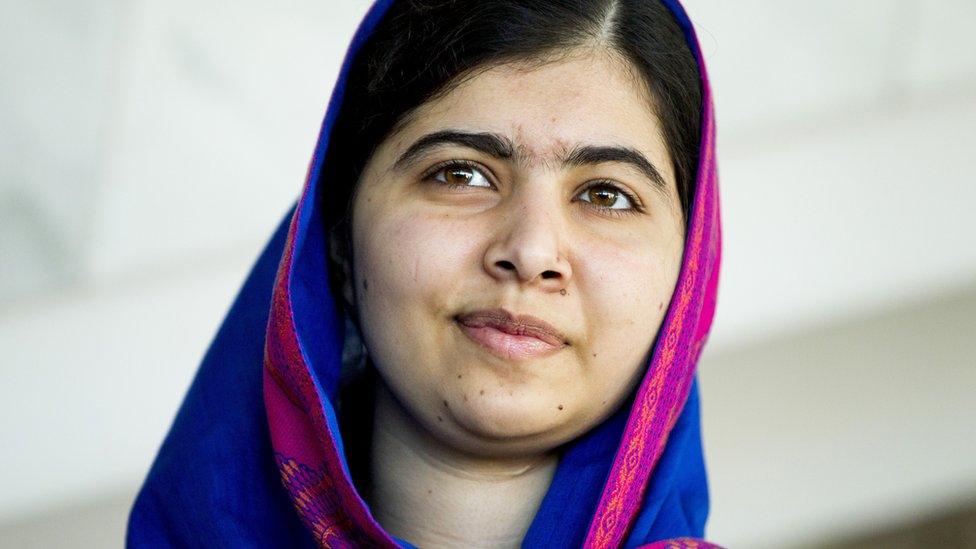
- Published19 June 2020
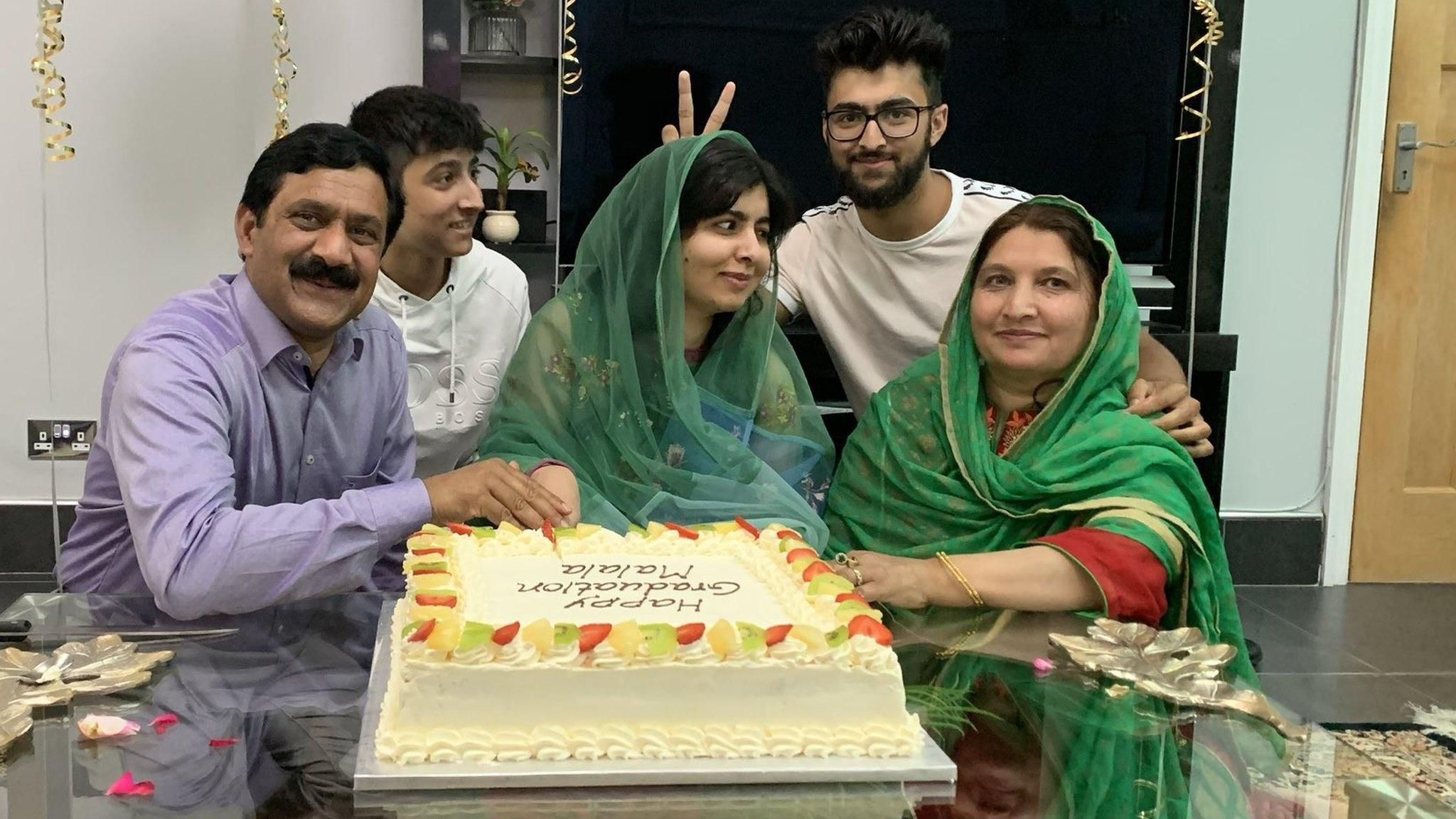
- Published9 October 2017
